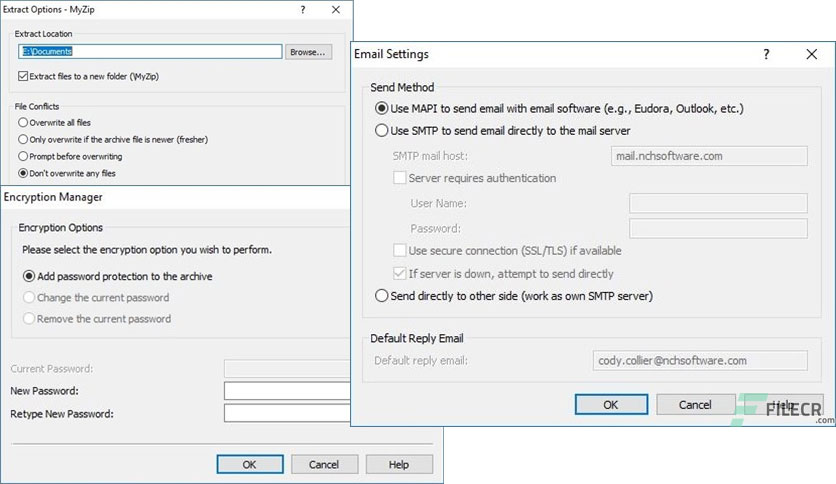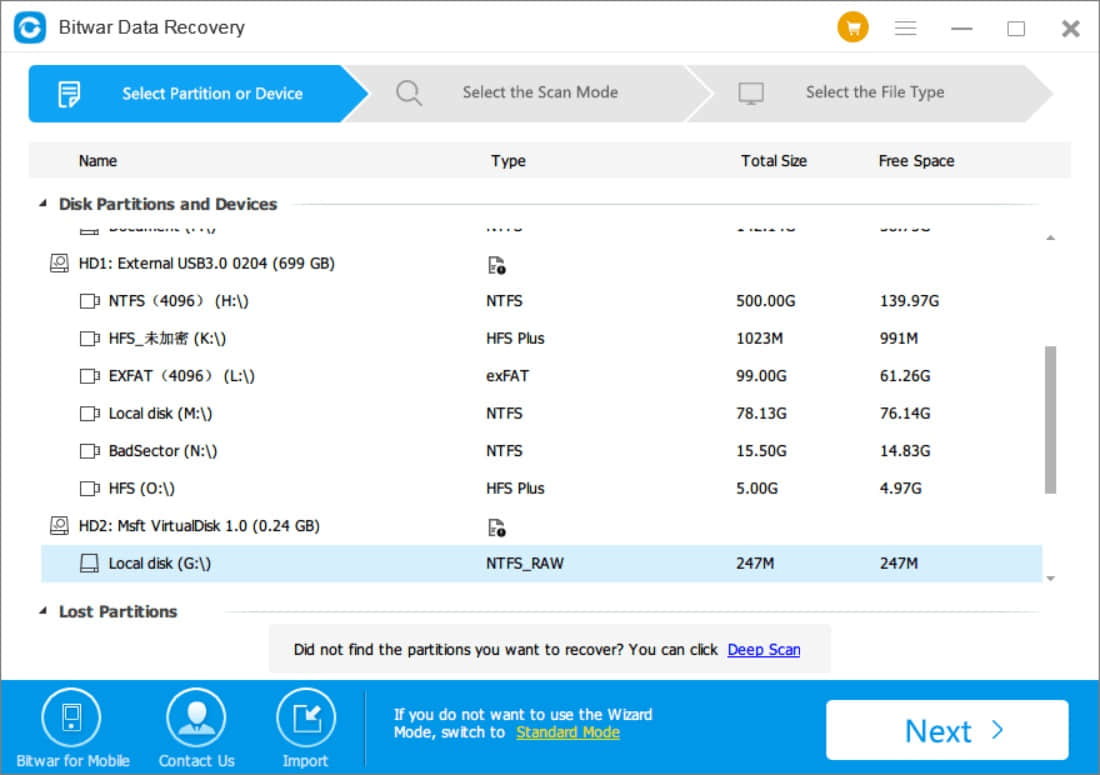

But if you want to try something else, Express Zip File Compression is also a good choice.Įxpress Zip File Compression (Express Zip for short) is a small, intuitive, easy-to-use and full-featured file compression/decompression program, developed by NCH Software from Australia. There are already many such programs, including the classic WinZip, WinRAR and 7-Zip. Meanwhile, it can also be used to extract files from compressed packages downloaded from the Internet. It can compress files to save disk space and improve the file transfer efficiency. At that point, it's useful to not have to try to SUBSTR out the first 5 characters for the ZIP code.File archiver is one of the must-have applications for our computer. It is generally useful to be able to generate reports by geographical region, and you may frequently want to put everything in a ZIP code together rather than breaking it down by the +4 extension. Probably not a huge deal in this specific case, but 40 bytes per row could be a decent chunk of RAM for some situations.Īs an aside, you might also consider storing (at least for US addresses) the ZIP code and the +4 extension separately. And with the fact that when clients are retrieving data from the database, they are generally allocating memory based on the maximum size of the data that will be fetched, not the actual length of a given row.

You also have to deal with testing the boundary cases (will every application that displays a ZIP handle 50 characters?). because they want another line on a shipping label). But it is generally hard to prevent someone, somewhere from deciding to get "creative" and stuff 50 characters into a VARCHAR2(50) field for one reason or another (i.e. Even looking at the posts others have made to postal codes across countries, VARCHAR2(9) or VARCHAR2(10) would be sufficient for the most if not all other countries.ĭown the line, you can always ALTER the column to increase the length should the need arise. If the initial version of your application is going to support US and Canadian addresses (which I'm inferring from the fact that you call out those sizes in your question), I'd declare the field as VARCHAR2(9) (or VARCHAR2(10) if you intend to store the hyphen in ZIP+4 fields). Why would you declare a field size larger than the actual data you are expecting to store in it?


 0 kommentar(er)
0 kommentar(er)
